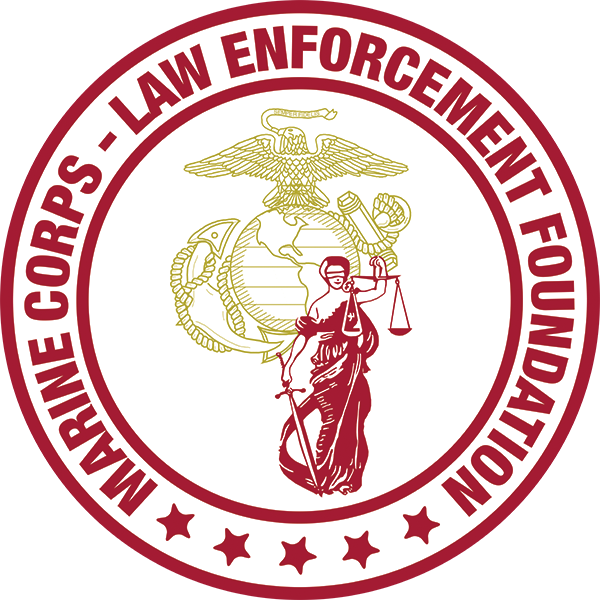Marine Corps Careers: Appreciating Our Marines
The United States Marine Corps (USMC) is known for its dedication to duty. Marines undergo rigorous training and serve in various roles to protect and defend American interests worldwide. The commitment Marines make often means placing themselves in dangerous situations, demonstrating incredible resolve and courage.
To appreciate the men and women serving in this branch of the armed forces, it’s important to understand the nature of U.S. Marine Corps careers — including some of the more hazardous jobs.
Examples of Marine Corps Career Paths and Key Roles
The Marine Corps offers opportunities in a wide range of careers categorized under various specialties. From combat-oriented roles to logistical and intelligence positions, each Military Occupational Specialty (MOS) is essential to supporting the USMC mission. The main categories of specialized Marine Corps jobs include combat arms, combat support, aviation, and cybersecurity.
Combat Arms
Combat arms roles are among the most recognizable jobs in the Marine Corps, including positions in infantry, reconnaissance, and artillery. Marines in these positions often serve on the front lines, engaging in direct combat with enemy forces and securing vital objectives. Recent changes within the MOS structure have provided more flexibility in these roles, allowing Marines to specialize or diversify their skill sets as their careers progress.
Combat Support
Combat support jobs encompass essential functions that directly assist combat troops. This category includes roles in intelligence, communications, and logistics. Intelligence Marines gather and analyze crucial information on enemy activity, while communications Marines ensure that secure and efficient lines of communication are maintained, often in high-stakes, time-sensitive situations.
Aviation
Marines who work in aviation support the Marine Corps’ air superiority through roles as pilots, air traffic controllers, and aircraft technicians. These Marines undergo extensive training, and while they aren’t on the front lines, they face significant challenges, especially when operating in hostile environments. Aviation support is critical to Marine Corps missions, as it often provides ground troops with a tactical advantage.
Cybersecurity
In an era of growing digital threats, the Marine Corps has prioritized cybersecurity. Cybersecurity Marines defend against attacks that could jeopardize the national infrastructure and capabilities, providing a frontline defense against foreign and domestic digital threats.
The Most Dangerous Marine Corps Jobs
While every role within the Marine Corps carries risks, some jobs are particularly hazardous. Marines in these positions are trained to handle extreme conditions and the life-threatening challenges that come with their MOS. Their families must also endure high stress at times, worrying for their loved ones’ safety and coping with loss in the event of an on-the-job fatality.
Explosive Ordnance Disposal
Explosive Ordnance Disposal (EOD) Marines have one of the riskiest jobs in the military. They are responsible for the handling, disarming, and disposing of explosive devices, including improvised explosive devices (IEDs). These Marines undergo extensive training to manage the hazards associated with their role, but the unpredictability of explosives makes this position inherently dangerous. EOD Marines are often deployed to areas with active threats from improvised explosive devices (IEDs), where they risk their lives to protect their fellow service members and civilians.
Infantry
The role of Infantry is fundamental to the Marine Corps, as it places Marines on the front lines of combat. Infantry Marines engage in close-quarters combat, operate heavy weaponry, and patrol hostile territories. Their high rate of combat exposure means they regularly face life-threatening situations. Infantry Marines have one of the highest rates of combat-related casualties.
Reconnaissance Marines
Reconnaissance, or recon, Marines gather intelligence in enemy territory, often operating independently or in small teams without the backup available to larger units. Their missions require a high degree of physical fitness, stealth, and mental resilience, as they often need to remain undetected while monitoring enemy activities. This role requires advanced training, and the high-risk nature of these missions contributes to it being one of the Marine Corps’ most dangerous jobs.
Combat Engineers
Combat Engineers are responsible for constructing defensive structures, repairing infrastructure, and clearing minefields. This job involves working under constant threat from enemy fire while handling heavy machinery and explosives, often in war zones. Their work is essential for the safety and mobility of other Marines, yet it exposes them to severe risks.
Honoring the Commitment of Marines and Their Families
The dedication, courage, and resilience Marines demonstrate in all roles highlight the sacrifices they make to protect Americans. Marines often work under intense physical and psychological stress, requiring mental fortitude to complete their missions effectively. They face life-threatening risks not only to protect their fellow service members but also to uphold the values of freedom and safety for Americans.
An excellent way to honor the sacrifices of USMC service members and their families is to support college scholarship funds for military children.
Support Scholarships for Marine Corps Families With MC-LEF
Since its creation in 1995, the Marine Corp-Law Enforcement Foundation (MC-LEF) has offered educational funding to the children of fallen military service members. Thanks to our generous donors, MC-LEF currently establishes a $40,000 educational account for every child who loses a parent serving on active duty as a federal law enforcement agent, in the United States Marine Corps, or as a Navy Corpsman.
To date, MC-LEF has awarded over $93 million in educational accounts and other humanitarian assistance to over 5,900 recipients. Contact us to learn more.
All MC-LEF officers and board members are volunteers; we have only one paid employee. We pride ourselves on running our organization as cost-effectively as possible so that the vast majority of our donor funds can be used to accomplish our mission of educating the children of those who sacrificed all. Please consider donating today.

